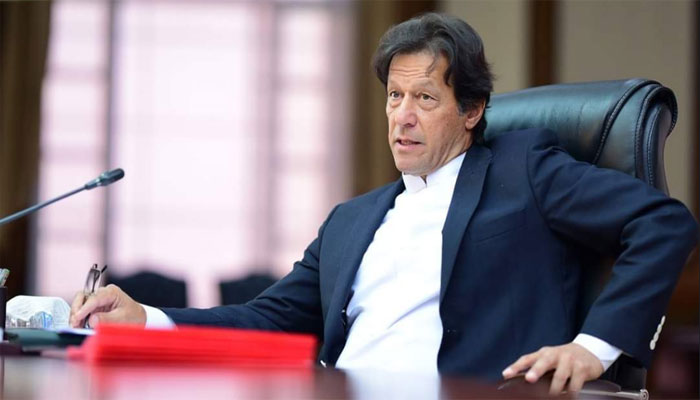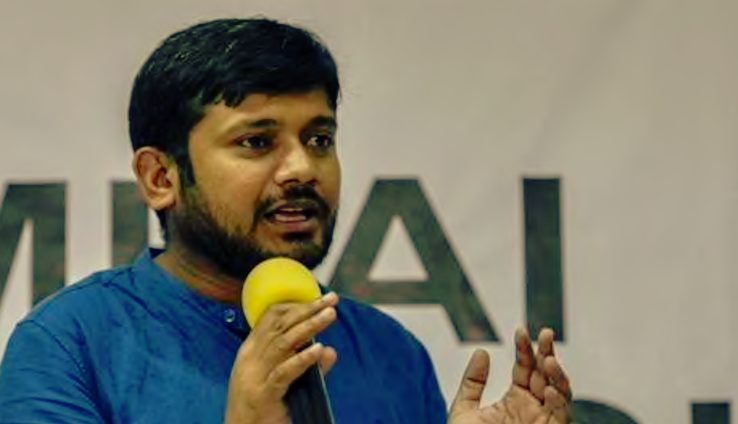Imran Khan chaired an emergency meeting after India carried out the “non-military, pre-emptive air strikes” to target the terror group Jaish-e-Mohammed, which was planning more attacks in the country after the one in Pulwama earlier this month.
“Forum concluded that India has committed uncalled for aggression to which Pakistan shall respond at the time and place of its choosing,” the Pakistan Prime Minister’s office said in a statement after the meeting of the National Security Committee that included the chiefs of all three armed forces and other officials.
“PM has directed that elements of national power including the Armed Forces and the people of Pakistan to remain prepared for all eventualities,” it added.
India struck the biggest camp of the Jaish-e-Mohammed and a “very large number” of terrorists were eliminated, said Foreign Secretary Vijay Gokhale.
Pakistan’s Foreign Minister Shah Mehmood Qureshi had earlier said: “This was grave aggression by India against Pakistan. This is a violation of LoC and Pakistan has the right to retaliate and self-defence”.
In his statement after the Pulwama terror attack, Imran Khan had said the country would act if India gave “actionable intelligence” against terrorists based in the country. He had warned India that Pakistan would retaliate if India indulged in any “misadventure”.
India said Mr Khan’s offer to investigate the attack if provided proof is a “lame excuse”.
“It is a well-known fact that Jaish-e-Mohammed and its leader Masood Azhar are based in Pakistan. These should be sufficient proof for Pakistan to take action,” the Ministry of External Affairs said. The Jaish-e-Mohammed claimed responsibility for the February 14 terror attack in Jammu and Kashmir’s Pulwama, in which 40 soldiers were killed.
In its first reaction after Indian Air Force jets pounded a terrorist camp across the Line of Control days after the Pulwama terror attack, China on Tuesday urged New Delhi and Islamabad to “exercise restraint”.
“We hope that both India and Pakistan can exercise restraint and adopt actions that will help stabilise the situation in the region and improve mutual relations,” China’s foreign ministry spokesman Lu Kang said, according to news agency PTI.









